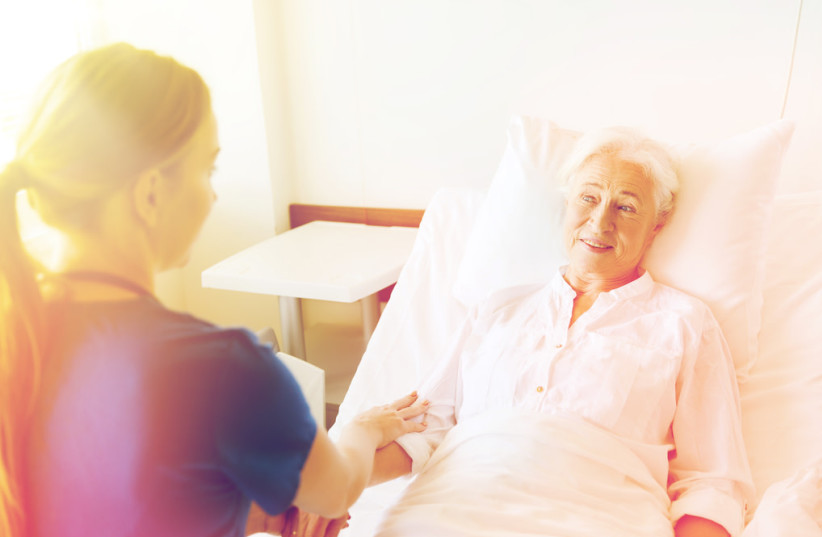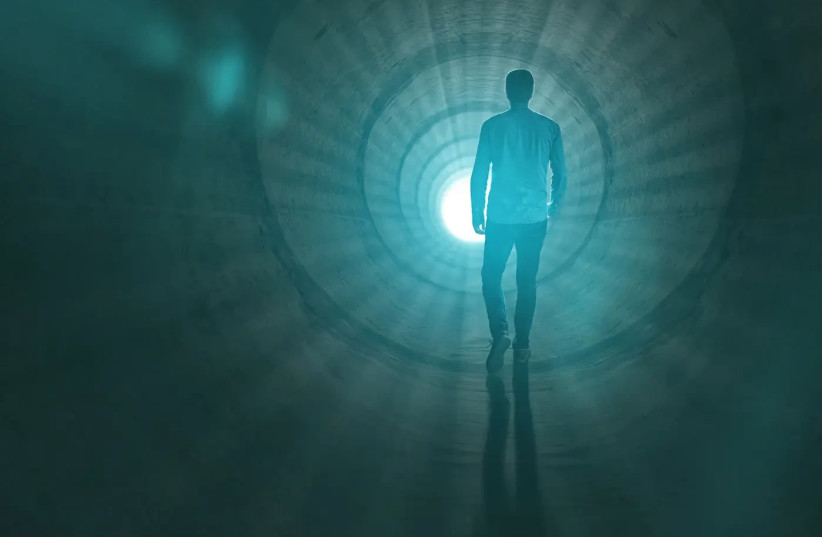Death is a formidable concept that many shy away from contemplating, but when your occupation involves accompanying patients in their final days, there is no avoiding it. Dr. Sarah Wells, a palliative care physician, has treated 2,000 terminally ill individuals - an experience that has provided her with a unique perspective on life and death.
In a column for The Telegraph, she revealed that her work has allowed her to view her patients' last hours as "special" and even "beautiful," leading her to believe that death is not something to fear. Since 2015, Dr. Wells has served as the medical director at the Marie Curie Hospice in Solihull, West Midlands. She leads a team of 10 doctors and tends to 12 to 20 patients at a time, all with diagnoses ranging from dementia, heart disease, organ failure, motor neurone disease, to advanced cancer - many of whom are surprisingly young.
Dr. Wells shared that many of her patients are intimidated by the unknown, particularly if they have witnessed the agonizing final moments of a loved one. She recounted the story of a woman suffering from congestive heart failure, who, after observing her father succumb to the same disease, became consumed by fear.
Dr. Wells and her team offered reassurance, explaining that death is usually a peaceful process. As organs slow down, individuals slip into a calming state of drowsiness, able to perceive touch and sound despite being unable to communicate.
In addition to altering her perspective on death, Dr. Wells's work has opened her mind to the possibilities that exist beyond it. Although not religious herself, she admits that her belief in an afterlife has been strengthened by her patients' accounts of deceased relatives visiting them. Rather than focusing on God, they often describe these encounters to her.

For Dr. Wells, witnessing patients talk about these comforting visions is a clear indicator that their time is drawing near.
"When they share that they've seen their mother, a lost child, or even a cherished pet - whether as apparitions or images in their minds, depending on their belief system - it brings them solace," she said. "This signals to me that they only have hours or days left to live."
Dr. Wells also addressed the sensitive subject of dealing with deceased loved ones.

"We converse with the departed as we would while they were still alive," she said. "Nurses fulfill their final duties, and with the support of their families, we respectfully wash and dress the deceased. It is a dignified, beautiful ceremony. My sorrow is accompanied by a sense of pride that we were able to play a small part in their lives."
Spending so much time contemplating death has transformed Dr.Wells, diminishing her inclination to become distressed by trivial matters in life such as traffic or tax concerns. It has also instilled in her a dedication to prioritize self-care and wellbeing. At 52 years old, she exercises regularly and maintains a healthy diet to ensure her own health, all while harboring no fear of falling ill.
Dr. Wells expressed a greater appreciation for her loved ones and an unwavering focus on the present moment over dwelling on an uncertain future. She imparts this wisdom to her patients, emphasizing that even if they have just one day remaining, "every day is priceless." This belief holds true for herself as well. While she is unafraid of death, she intends to ensure that her loved ones surround her when that day ultimately arrives.
